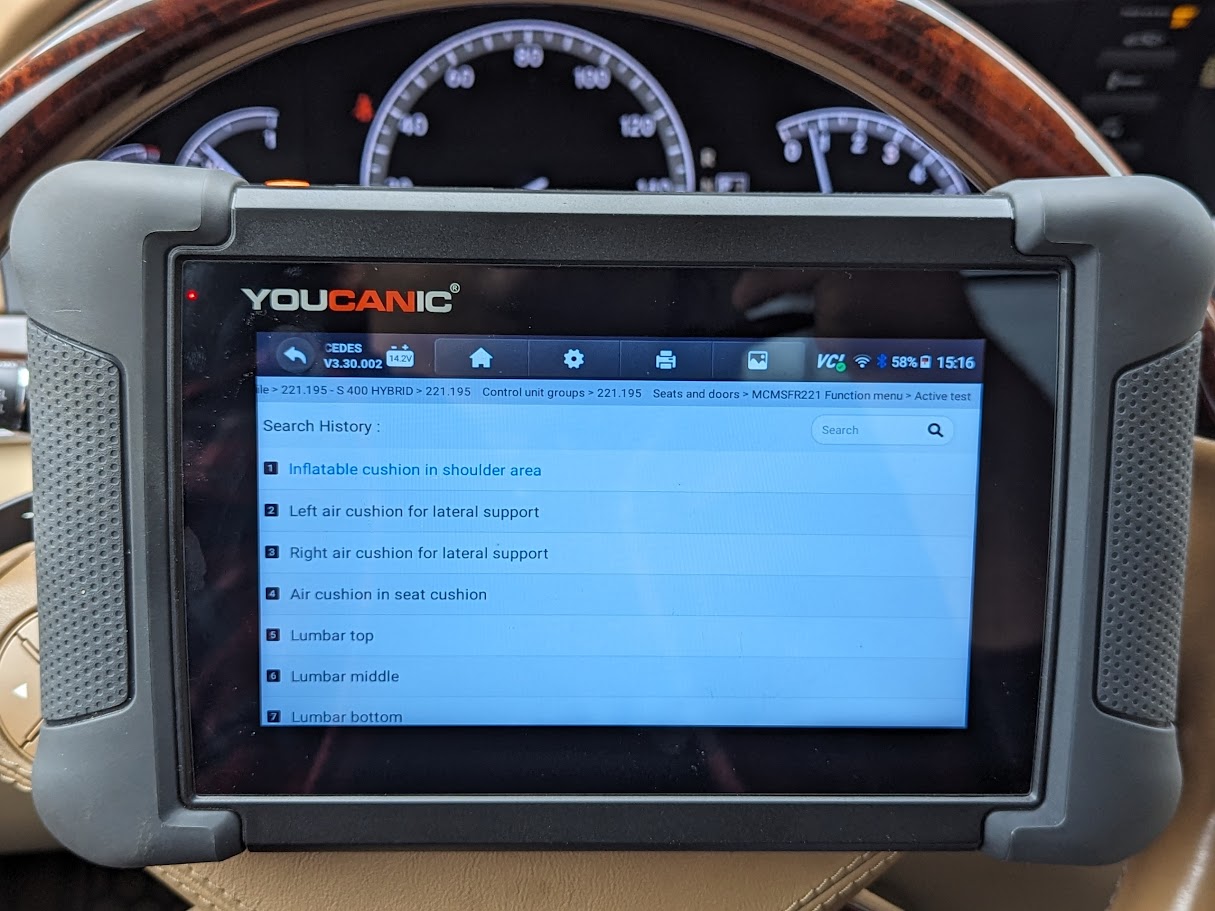The aftermath of an accident is usually fear, stress, and, if there are injuries, pain. Most people involved in a car crash do not immediately think of blaming the other party. They focus first on getting help, seeking medical attention, and informing their insurance company.
However, if they want to file a personal injury claim later, they must establish liability (prove the other driver was at fault).
If you are in a car crash, several elements will play a role in determining who is to blame for the accident. For instance, right-of-way laws play into liability, as do traffic violations.
Traffic violations, in particular, can add significant weight to your case, but it depends on the specifics of the accident.
How Traffic Violations Can Equal Negligence
Proving liability for a car accident hinges on the principle of negligence. In all types of accidents, including vehicular ones, a person is considered negligent if they do not exercise reasonable care. More accurately, their actions are deemed negligent if they do not match the actions of another reasonable person under similar circumstances.
That is quite the mouthful, but what it comes down to for drivers is that they should adhere to outlined traffic laws. Traffic laws and regulations exist to protect all road users. Therefore, if drivers violate these laws, they breach their duty of care (reasonable care).
For example, when the light turns green at the intersection you stop at, you will cross it to continue your journey. If a driver skips their red light as you are entering the intersection, they will likely crash into your car.
In this example, the other driver violated a traffic regulation by skipping the red light. This will strengthen your argument that the driver acted negligently and caused the accident. By causing the accident, the driver directly caused your injuries and damages.
Common Traffic Violations
Running a red light is just one of many traffic violations that happen every day. Other common violations include:
Speeding: Every time a driver exceeds the speed limit on any road, it increases the reaction time they need to avoid an accident. If they drive too fast to avoid a hazard or crash into another vehicle when the driver brakes suddenly, their speed limit violation will count against them.
Reckless driving: Too many drivers on U.S. roads drive aggressively, weave through traffic, or tailgate. Reckless driving is a traffic violation that could equal a misdemeanor criminal offense.
Driving while under the influence: Similarly, there are far too many drivers who decide to drive while drunk or under the influence of drugs. These substances immediately and significantly impair a driver’s judgment and reaction time.
If the driver who caused your accident is found to be under the influence of drugs or alcohol, they are guilty of a criminal offense. DUI, DWI, or DWAI are all punishable by prison or jail time. Moreover, it becomes much easier for you to prove liability.
Distracted driving: Distracted drivers can and do cause massive accidents. If you can prove that a driver was texting or talking on their phone when they crashed into you, proving liability is much easier.
Other traffic violations that can prove liability include failing to yield the right of way, improper lane changes, and disobeying traffic signals.
Just remember that while traffic violations can help your case, they do not automatically establish liability.
Evidence to Help Your Case
To pursue a personal injury case, you must look further than just traffic violations. You must gather evidence to support your claim that the other driver was to blame for the accident.
This means getting a copy of the official police report after the accident. The responding officer’s observations, especially around perceived traffic violations, could count in your favor.
If there were witnesses at the time of the accident, ask them to state what they saw. If the other driver violated a traffic law, it is likely to come out in these statements.
If there is an accident reconstruction report recreating the events leading up to the accident, you could also use this as evidence for your case.
However, video footage is the best type of evidence when available. If there are surveillance or traffic cameras at the site of the accident, request the footage. It will likely show clearly if and how the other driver violated traffic regulations.
You can prove liability if you have evidence of a traffic violation supported by more evidence, as listed above.
Factors to Consider When Using Traffic Violations to Establish Liability
Depending on the state, a traffic citation or ticket does not always legally establish fault after a car accident.
This is also why presenting evidence is so crucial. If you want compensation, your evidence must show the other driver’s actions that led to the crash and your injuries. You can only use traffic citations for evidence if the at-fault driver pleads guilty to the relevant traffic violation.
Moreover, if your case goes to court, a jury will decide who was at fault based on the evidence presented. This will happen regardless of whether a citation is admissible as evidence or not.
Hiring a Lawyer After a Car Accident
Gathering evidence is not as easy as it may seem, but the good news is that you do not have to attempt it alone. The best thing you can do after a car accident that was not your fault is to consult and hire a personal injury lawyer.
Your lawyer will launch an investigation into the accident and get all the needed information and evidence to build your case. Your lawyer will also handle all negotiations with the at-fault party’s insurance company.
Most importantly, your lawyer will also ensure that your case meets all deadlines, including your state’s statute of limitations. Once you miss crucial deadlines, you forgo your right to claim compensation, at least in most cases.
Understanding the impact of traffic violations on determining liability can increase your chances of a successful case outcome. However, having a lawyer guide you through the legal process will prove beneficial in more ways than one.







